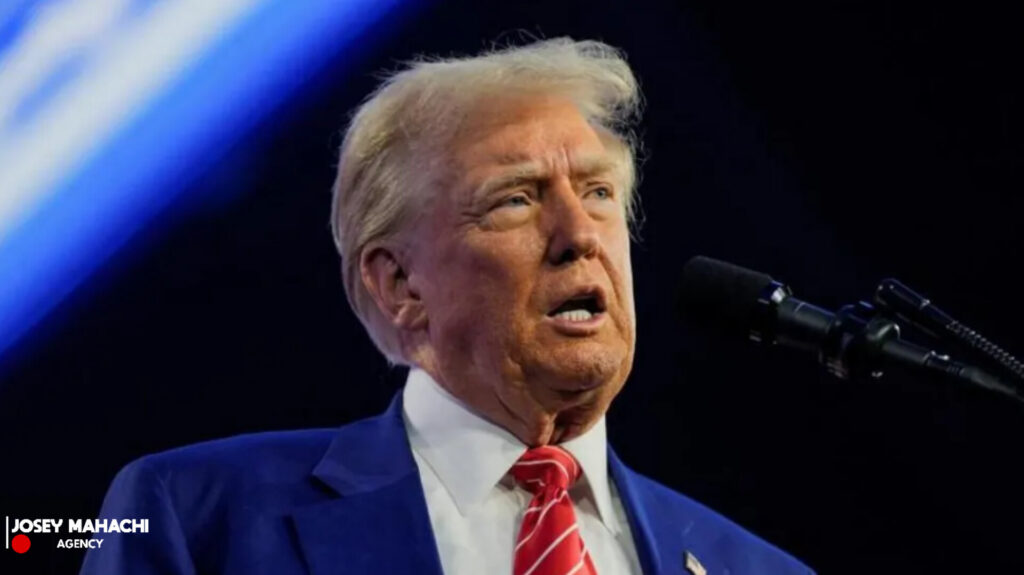By : Lloyd Mahachi
A judge has ordered Donald Trump to be sentenced on January 10. This is less than two weeks before he is set to be sworn in as president. The sentencing is related to his hush-money case in New York.
New York Justice Juan Merchan signaled that he would not sentence Trump to jail time. Instead, he plans to give Trump an “unconditional discharge”. This decision has sparked a mixed reaction from Trump’s team and supporters.
Trump had tried to use his presidential election victory to have the case against him dismissed. However, the president-elect has been convicted of 34 felony counts of falsifying business records. The charges related to attempts to cover up reimbursements to his ex-lawyer, Michael Cohen.
Cohen paid off adult-film star Stormy Daniels to remain silent about an alleged sexual encounter with Trump. The payment was made during the 2016 election campaign. Trump has denied all wrongdoing and pleaded not guilty.
Trump argues that the case was an attempt to harm his 2024 presidential campaign. He posted on social media, dismissing the judge’s order as an “illegitimate political attack”. Trump also called the case “nothing but a rigged charade”.
Trump’s spokesperson, Steven Cheung, commented on the situation. Cheung called the order part of a “witch hunt”. He stated that Trump must be allowed to continue the presidential transition process unobstructed.
In his latest motion against the case, Trump argued that the case would hang over him during his presidency. He claimed it would impede his ability to govern. Justice Merchan considered several measures to address Trump’s concerns.
The measures included delaying the sentencing or guaranteeing a sentence without prison time. Trump had initially argued that the case against him ran afoul of a Supreme Court ruling on presidential immunity. However, Justice Merchan ruled that Trump’s hush money conviction was valid.
Trump is set to be the first convicted felon to serve in the White House. He may attempt to appeal against the conviction after the sentencing. While falsifying business records is punishable by up to four years in prison, there is no minimum sentence.
Incarceration is not required, and even before his election victory, legal experts thought it unlikely that Trump would face jail time. This is due to his age and legal record. Trump has also been charged in three other state and federal criminal cases.
One of the cases involves classified documents, and two relate to his alleged efforts to overturn his loss in the 2020 election. The president-elect was initially scheduled to be sentenced on November 26. However, Justice Merchan pushed the date back after Trump won the presidential election.
The sentencing has sparked a heated debate about the implications of a president being convicted of a crime. Some argue that it sets a dangerous precedent, while others see it as a necessary step towards accountability. As the sentencing approaches, Trump’s team remains defiant.
Cheung stated that Trump will continue fighting against these “hoaxes” until they are all dead. The situation is being closely watched by the media and the public, with many eagerly awaiting the outcome of the sentencing. The consequences of the sentencing are still unclear, but one thing is certain – it will have significant implications for Trump’s presidency and the country as a whole.
Editor : Josephine Mahachi

